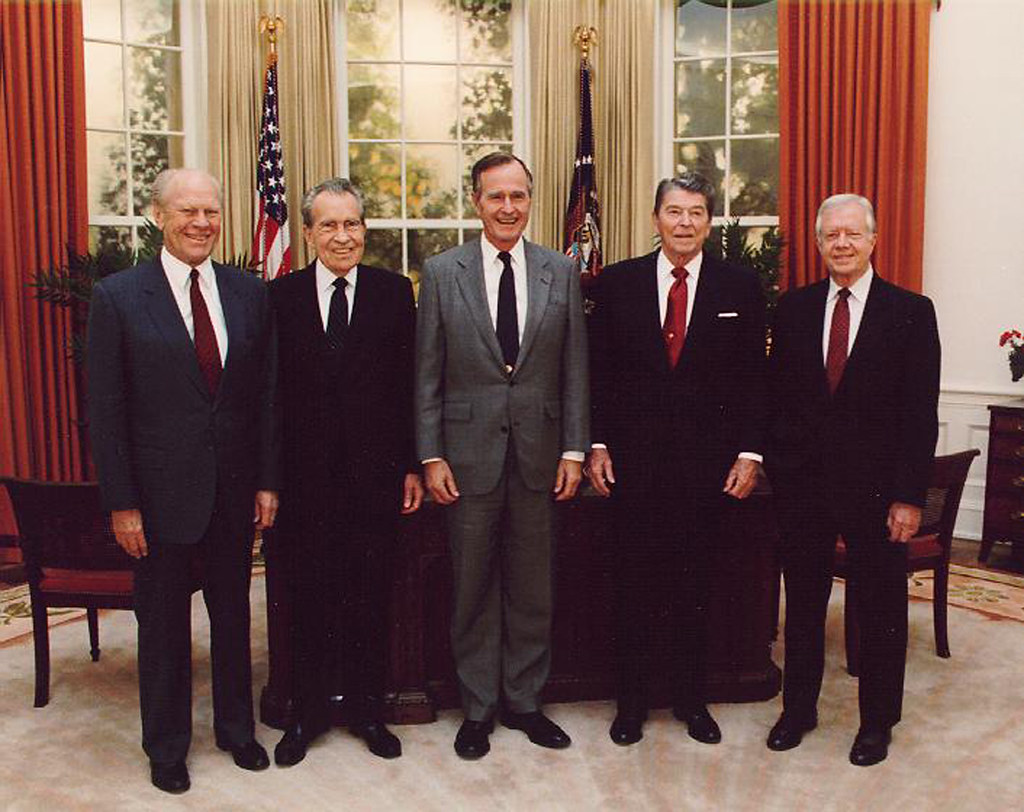Former U.S. President Jimmy Carter and his wife of more than 70 years, Rosalynn, have decided to receive hospice care in their home in Plains, Georgia instead of further medical intervention. This announcement comes after Carter has faced a series of hospital visits for multiple health problems over the past few years. With Carter being the oldest living president at 98-years-old, it is important to recognize the accomplishments that he achieved during his long political career and life.
Jimmy Carter’s Life and Career
Jimmy Carter was born on October 1st, 1924 in Plains, Georgia and began his education by attending the local public school system until he graduated high school. After graduating high school he attended the United States Naval Academy and served as a submarine officer in World War II before returning to his hometown after being discharged from the Navy to serve on his family’s peanut farm.
He then went on to serve two terms as Governor of Georgia from 1971-1975 before winning the 1976 Presidential election against Gerald Ford and becoming the 39th President of the United States from 1977-1981. In addition to being an American politician, Carter is also recognized for his Christian faith and activism within various religious organizations such as The Elders which is an independent group of global leaders who work together for peace and human rights issues throughout the world. Throughout his career, Carter has been awarded numerous awards including Nobel Peace Prize in 2002 for decades of untiring effort to find peaceful solutions to international conflicts, advance democracy and human rights, as well as promote economic and social development through The Carter Center organization which he founded with Rosalynn in 1982.
President Jimmy Carter’s Legacy
President Jimmy Carter will be remembered not only for his political career but also for several other reasons such as championing human rights causes around the world; advocating for renewable energy such as solar panels during a time when it was not popular; fighting against racism while serving as a governor in Georgia; helping broker peace agreements between Egypt & Israel; working on housing projects with Habitat For Humanity; founding The Elders organization along with Nelson Mandela; creating The Global Health Access Program (GHAP) which focuses on health access issues related to HIV/AIDS treatment & prevention; teaching Sunday School classes at Maranatha Baptist Church every week since 1981; writing 28 books about various topics including politics & religion; creating US foreign policies regarding nuclear disarmament & human rights abuses ; leading efforts against poverty & disease worldwide through The Carter Center organization founded by himself & Rosalynn in 1982; & much more! He will be remembered fondly by all those that have been touched by him throughout his lifetime through one way or another.
It is hard not to be moved by news like this – former President Jimmy Carter’s decision to move into hospice care brings out heartfelt memories shared between him and close family members, friends, colleagues, admirers everywhere – remembering him not only as a former president but rather all that he has done during his lifetime of service related to humanitarianism efforts around the globe through organizations such as The Elders or Habitat For Humanity just to name a few. As we celebrate the life of this great man who has accomplished so many things during his lifetime let us remember him fondly & keep him in our hearts always!
